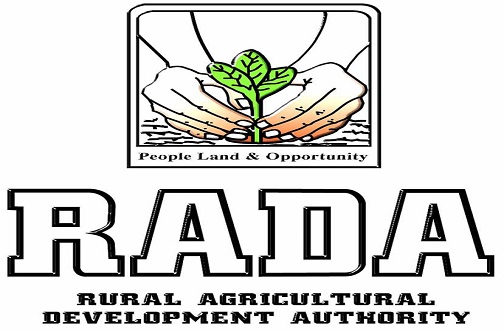KINGSTON, Jamaica – Technical specialist for Protected Agriculture at the Rural Agricultural Development Authority (RADA), Webster McPherson, revealed at a recently held JIS Think Tank that more women are getting involved in the production of fruits and vegetables under greenhouse structures.
Webster said currently, there is the equivalent of about 40 acres of crops under greenhouse production and that increasingly, women are getting involved in greenhouse farming as investors and labourers.
“About 30 per cent of our greenhouse farmers are women and about 80 per cent of the production workers in Jamaican greenhouses are women,” McPherson informed.
He noted that the greenhouse farming process involves some level of technicality, contrary to popular beliefs. It also requires diligence and meticulous attention to details.
The activities include monitoring of nutrient solution, sowing of seeds in seedling trays, trellising, pollinating, pruning, scouting and monitoring for pest, disease management, and harvesting.
McPherson said women do better at executing these activities than men.
Greenhouse farming involves a system of crop production in which plants are grown under protective cover, which blocks the harmful rays of the sun, and prevents the entry of rainfall, and pests that transmit plant diseases. It allows for manipulation of sunlight, ventilation, humidity, irrigation, drainage, crop nutrition, pest and disease management, pollination and plant architecture, with the objective of enhancing crop productivity and production levels.
The benefits of greenhouse farming when compared to crop production in open field conditions, include: year round production of high quality agricultural produce; five to 10 times higher crop yields per unit area; and plants with higher growth rates and longer life-spans.
Chief executive officer of RADA, Lenworth Fulton, highlighted that women in agriculture are making “vast strides”, with many engaged in agro-processing, which is the value-added aspect of the sector.
Women farmers have since established cottage industries and micro, small and medium-size businesses.
Fulton noted that several programmes were underway, which encourage women and young people to enter agriculture.
“We’re now in the second year of an Irish potato woman and youth programme. Last year, we had 186 young, bright women and men and many of them entered the field as independent farmers,” he informed.
Fulton said RADA is targeting another 150 women and young people to plant sweet potato. “We are seeking greenhouse growers to do a new variety of sweet potato, which we’ve (already) tested in the field,” he told JIS News.
“We’re now ready to grow them out in the shade houses and that discussion is taking place with the Greenhouse Growers Association,” he said.










